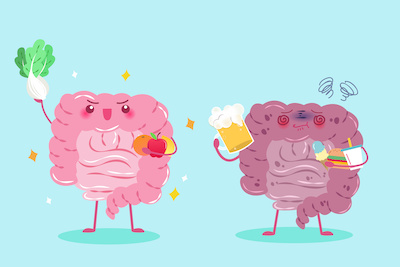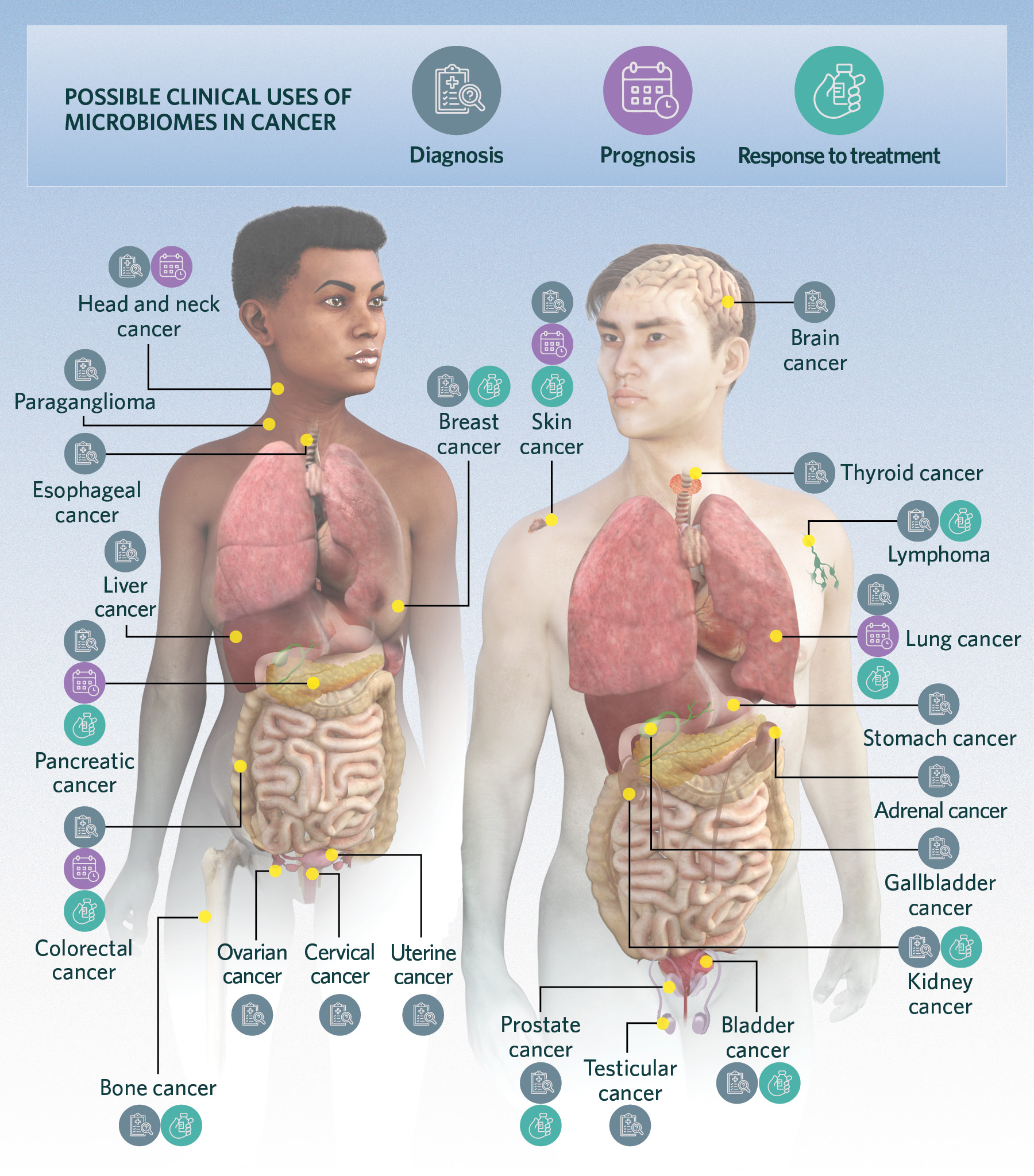Research

The gut microbiota plays an important role in human health and physiology.
The major factor regulating the microbiota composition and activity is our diet, which consists of multiple macro and micro-nutrients such as amino acids, lipids, carbohydrates etc.
Our lab studies how diet interacts with bacteria in the gut to produce metabolites that affect host immunity, metabolism and organ functions. Specifically, we are interested in discovering novel molecular mechanisms the govern the effects of dietary sulfur amino acids (methionine and cysteine) and dietary fiber on host diseases such as chronic kidney disease and colorectal cancer.
Research Focus:
Post-translational Modification at the Diet-Microbe-Host Interface
1. Profile post-translational modifications in gut bacteria and study their effects on bacterial activity and host health.
2. Study the proteome of gut bacteria in relation to dietary changes and diseases.
3. Characterize the effects of bacteria on modulating host colon epithelial cells proteome.
Previously, we provided a proof-of-concept that dietary sulfur amino acids correlate with the concentrations of hydrogen sulfide (H2S) in the colon, and in-turn H2S induces a post-translational modification termed S-sulfhydration on reactive cysteine residues of bacterial and host proteins.
We found that feeding a chronic kidney disease mouse model with diet high in sulfur amino acids resulted in higher S-sulfhydration of the bacterial enzyme tryptophanase that inhibited its production of the uremic toxin indoxyl sulfate. Tryptophanase inhibition alleviated kidney disease in these mice, compared to diet low in sulfur amino acids.
Cancer-Microbiome Interactions - How Microbes Influence Tumor Inititaion, Growth and Response to Therapy
1. Study the differences in the gut metaproteomes of immunotherapy-responding vs. non-responding patients. We aim to identify metabolites enriched in responders and test their antitumor activity in mouse tumor models.
2. Engineer bacteria to target tumor cells and deliver bioactive payloads.
3. Study how diet-microbiome interactions affect tumor progression. We treat mouse models of colorectal cancer with different diets that modulate the microbiome composition and/or activity to infer effects on tumor growth.

Taken from TheScientist (© NICOLLE FULLER, NATASHA MUTCH, SAYOSTUDIO)
